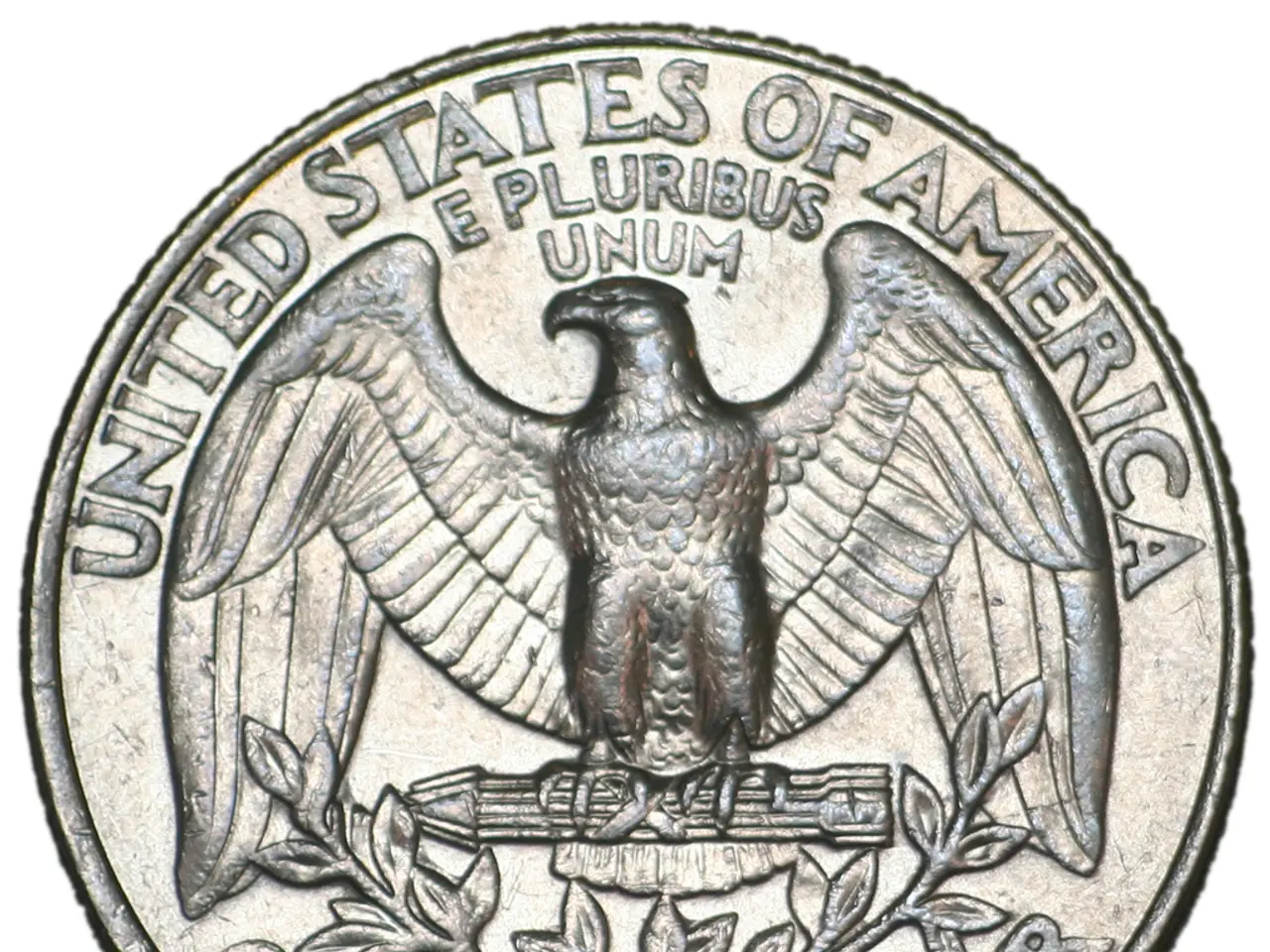Kenyan private city confronts corrupt government officials head-on
Taking a Stand in Tatu City: Kenya's Modern-Day Gold Rush Struggles with Exorbitant demands
Located on the outskirts of bustling Nairobi, Tatu City appears to be a flourishing success. As the first city fully developed by a private company in East Africa, it boasts an estimated 25,000 residents and has drawn approximately two-thirds of foreign investment in Kenya[1]. The businesses that have flocked to Tatu include industry giants like Heineken and Dormans Coffee, as well as the biggest call-centers and cold-chain transport firms in the region.
However, this shiny metropolis has attracted unwanted attention from local politicians who view it as a ripe target for extortion[1]. After all, in the eyes of these politicians, why let a gold mine continue to grow when they can personally profit from it?
One such example of their greed was the parade of governors who demanded millions of dollars worth of land in exchange for building permits[1]. Preston Mendenhall, the Kenya country head for Rendeavour, the company developing Tatu City, recalled a governor casually riding along with him, pointing at various plots of land, and claiming them as his own[1].
Determined to put a stop to these corruption attempts, Mendenhall decided on an unconventional approach for Kenya – going public. More than once, he held press conferences to expose the alleged extortion efforts of local politicians[1].
"They thought that we, as foreign investors, would leave the country. But we're looking at a 50-year time horizon. For us to challenge somebody, if need be in public, who is trying to extort us... We believe that's the right thing to do," Mendenhall declared[1].
Last year, Mendenhall went a step further, publicly accusing Governor Kimani Wamatangi of demanding 22 hectares of Tatu City, worth US$33 million, without charge[1]. Wamatangi, of course, denied the accusation.
Taking a stand like this comes with risks. Mendenhall admitted that he currently faces four defamation lawsuits for his efforts to expose the corrupt officials. "I'm subject to four defamation cases. It's their intimidation tactic, and they're used to getting what they want," Mendenhall shared[1]. But he remains unfazed, citing that no hearings have taken place yet, so he's not too concerned.
The wait appears to be paying off for Mendenhall, as the first governor who targeted them, Ferdinand Waititu, now finds himself in prison due to a separate corruption case[1]. Wamatangi, too, faced the long arm of the law last month when he was apprehended by anti-corruption officers who discovered approximately US$13,000 in his home[1].
Meanwhile, Tatu City continues to expand at a steady pace. While the resident population is still relatively small, it already includes essential amenities like a supermarket, health clinic, and two schools catering to 5,000 students[1]. Over 2,400 homes, ranging from modest studios to luxurious lakeside mansions, have already been built, with another 2,000 on the horizon[1].
Key to the city's appeal is its self-sustaining electricity and water supply, features that help prevent the frequent power and water cuts encountered across Africa[1]. This draws businesses such as Hewa Tele, constructing a factory to produce medical-grade oxygen for hospitals, and Cold Solutions, provide storage for food and pharmaceutical partners.[1]
Mina Stiernblad, the commercial director of Unity Homes, highlights the lifestyle elements that attract buyers to Tatu City, such as playgrounds, parks, the ability to drink water straight from the tap, and a guarantee that no one will encroach on their balconies[1].
In comparison to the six other African cities Rendeavour is building – in countries like the Democratic Republic of the Congo, Ghana, Nigeria, Uganda, and Zambia – Tatu City represents the most advanced and, unfortunately, the hardest to develop due to pervasive corruption in Kenya[1]. However, Anger over corruption was one of the key drivers of massive protests in Kenya last year[1].
Rendeavour's founders have seen their share of challenges, having made their fortunes during the free-for-all of 1990s Russia[1]. They've faced their own allegations, including claims of tax evasion, but investigations have been ongoing without resulting in any charges[1]. Mendenhall dismisses these allegations as "extortion attempts by bad actors."[1]
Despite the constant corruption attempts, Mendenhall remains optimistic about Kenya. "Kenya is really an economic hub of the region, [and] we think Nairobi will become the capital of Africa," he said[1]. Indeed, with Tatu City continuing to flourish and attract foreign investment, Mendenhall's faith in Kenya's future may be well-placed.
[1] Based on the original New York Times Article.[2] Enrichment data integrated in a manner that is consistent with the provided guidelines.
- Despite the corruption attempts in Nairobi, specifically in Tatu City, Mendenhall remains optimistic about Kenya's future, expressing his belief that Nairobi will become the capital of Africa.
- The 25,000 residents of Tatu City, located on the outskirts of Nairobi, include a variety of businesses like industry giants and call-centers, which have contributed to approximately two-thirds of foreign investment in Kenya.
- The self-sustaining electricity and water supply in Tatu City, a feature not commonly found across Africa, has been instrumental in attracting businesses such as Hewa Tele and Cold Solutions to the city, contributing to its steady expansion.




